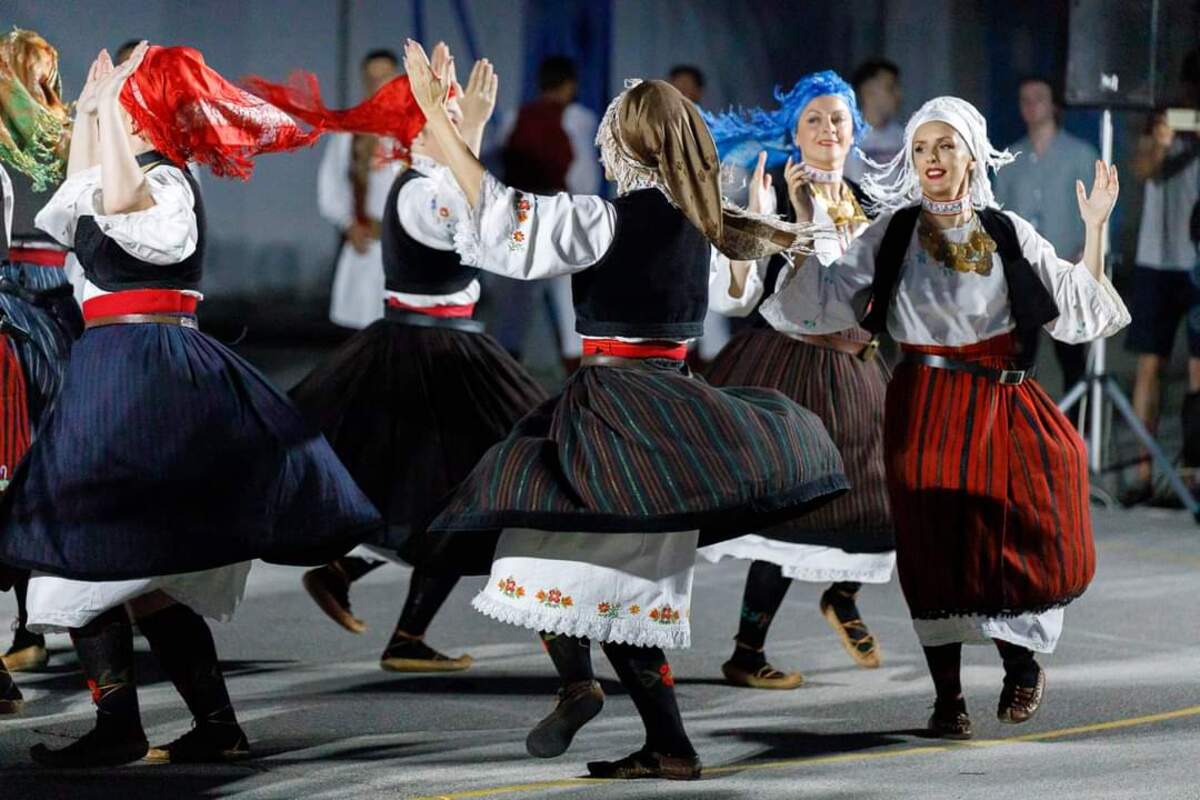The law proclaiming March 1st as “Independence Day of the Republic of BiH” from 1995 cannot be in effect because it does not meet the minimum conditions and is contrary to the Constitution of BiH, assessed lawyer Ognjen Tadić.
Tadić stated that the conditions set out in Annex 2/2 of the Constitution of BiH regarding the continuity of regulations in BiH.
“Annex 2/2 clearly states ‘all laws, regulations, and court rules, which are in effect on the territory of BiH at the moment the Constitution comes into effect, will remain in effect to the extent that they are not in contradiction with the Constitution until otherwise determined by the competent authority of BiH’,” Tadić told Srna.
Considering that the former holiday’s name is “Independence Day of the Republic of BiH,” Tadić highlighted that it is clearly in contradiction with the Constitution of BiH.
He explained that changing the name of the holiday can only be done by a new law, not simply by someone crossing out the word Republic in the text of the disputed law or simply ceasing to write it in the name of the holiday because that word in that place has not only a formal significance but is related to the substantive question of whether a holiday of the failed and former Republic of BiH can be celebrated in Dayton’s BiH?
“Therefore, the disputed old name cannot be applied, nor can its improvised and unlawful modification into the name Independence Day of BiH, which has not been published in any appropriate law, be accepted,” emphasized Tadić.
According to the disputed law, he says, it would not be known who has the right to a non-working day, due to the use of the term “state organs” in Article 3 Paragraph 1 of the disputed Law which draws its foundation from the wartime Constitution of the Republic of BiH from 1993.
“The term ‘state organs’ in the complex structure of BiH, where the importance of every word is measured, as we have best seen in the case of disputing the term ‘common organs’, cannot be applied in this sense until it would be defined by the Constitution of BiH or some appropriate law,” added Tadić.
He pointed out that a falsified translation of the Constitution of BiH on the website of the Constitutional Court of BiH mentions the term “state organs” although in the original text of the Constitution of BiH at that place (Annex 2/4 of the Constitution of BiH) the term “offices” is used, which does not mean “state organs”.
This, Tadić emphasized, is an additional reason for not easily accepting legal formulations in BiH and always seeking their clear and regulation-established definition.
“Furthermore, Article 3 Paragraph 2 states ‘the government of the Republic of BiH will determine which state organs, enterprises, and other legal entities are required to work on the day of the state holiday.’ As is well known, the ‘government of the Republic of BiH’ does not exist, and therefore there is no competent institution to resolve this issue,” Tadić noted.
He specified that the Council of Ministers was never given such authority, and it is not acceptable for any institution that decides to exercise such authority, as the Government of the Federation of BiH does today.
“All in all, not a single article of the disputed law meets the conditions to be classified among the laws that have continuity, because it is contrary to the Constitution of BiH both by name and content and by whom it applies and by the competencies it determines,” concluded Tadić.
In the part of the Federation of BiH with a majority Bosniak population, March 1st is celebrated as the so-called Independence Day of BiH, as that was when the illegal referendum on independence and secession of BiH from the SFRY was held. Serbs in Republika Srpska remember March 1st by the murder of a Serbian wedding guest in Sarajevo, which was a trigger for the start of the war conflicts.
This tragic date is not celebrated in Republika Srpska, instead, November 21st is observed – the day when the General Framework Agreement for Peace in BiH was initialed at the Wright-Patterson Air Force Base near Dayton, marking the end of the civil war in BiH.
Source: RTRS



.jpg?v1692000538)





